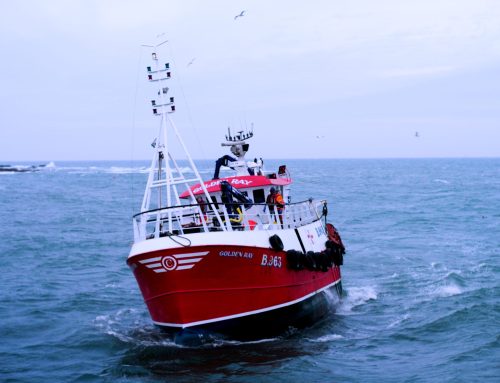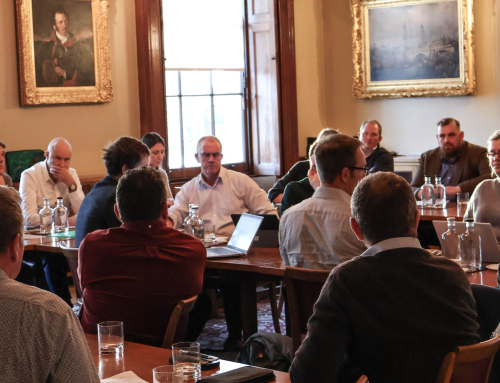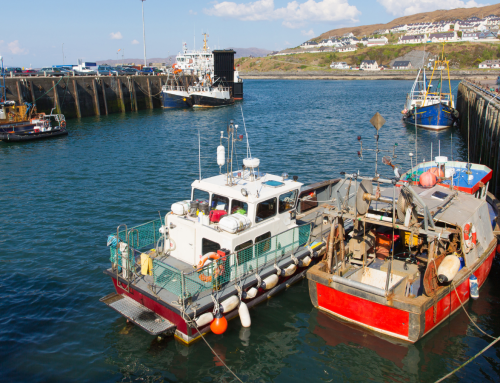Scottish skippers fishing on the west coast of Scotland have successfully completed trials at sea of a bespoke app for securely sharing real-time information that helps to reduce catches of unwanted species. The app was co-designed by skippers to accommodate their specific information requirements, their security concerns and their tolerance for sharing sensitive data.
BATmap, or By-catch Avoidance Tool using mapping, allows participating skippers to securely share real-time information about the location of hotspots of cod and whiting, which are choke species, and spurdog, a protected species of shark, with other participating skippers. The project report is available here and additional information about the BATmap pilot can be found here.
Throughout 2020 thirteen Scottish whitefish trawlers, belonging to four producer organisations, used BATmap while fishing on the west coast of Scotland. Skippers interviewed about their experience found the app very easy to use – more than 2,000 catch reports were submitted by the participating vessels during the trial – and they welcomed the by-catch hotspot maps and automated catch entry reminders as very useful features of the app.
The pilot was led by the Scottish Fishermen’s Organisation (SFO), the University of Aberdeen and Fisheries Innovation and Sustainability (FIS), with support from the other Scottish POs, the Scottish White Fish Producers’ Association, Seafish and Chordata LLC, a US-based IT company.
Paul Macdonald from the SFO said: “Systems designed for fisheries management work best with fishers’ expertise built in throughout the design process. BATmap has been intentionally designed with skipper input to ensure it is truly fit for purpose, and the importance of this is reflected in the positive feedback received during the pilot. Skippers were involved in every stage of the developmental process and they continue to provide suggestions for additional features that will improve and expand the functionality of the system.”
Tara Marshall, Senior Lecturer at the University of Aberdeen, said: “Real-time reporting has been used in Alaskan fisheries for over 20 years to successfully reduce by-catch of salmon. The deployment of an app for avoiding choke species on the west coast of Scotland was a first for the UK, and indeed in Europe. The industry-led design process has proven critical to uptake of the app by west coast skippers. There is global interest in the application of digital by-catch avoidance tools – we will present our findings at the World Fisheries Congress in Adelaide later this year.”
Although the pilot project has now concluded, BATmap continues to be routinely used at sea by the participating skippers who are eager to see BATmap develop. They are committed to developing and implementing a longer-term strategic plan for the use of real-time reporting in the fishery.






